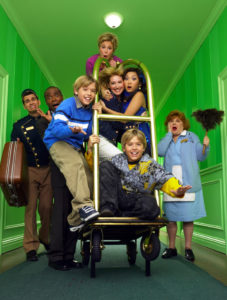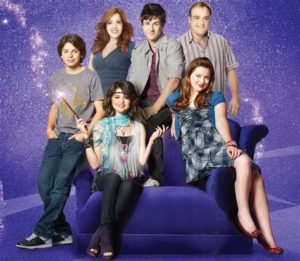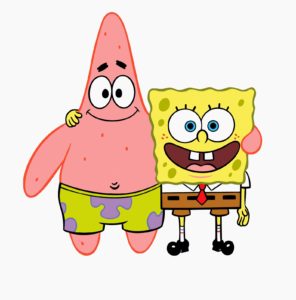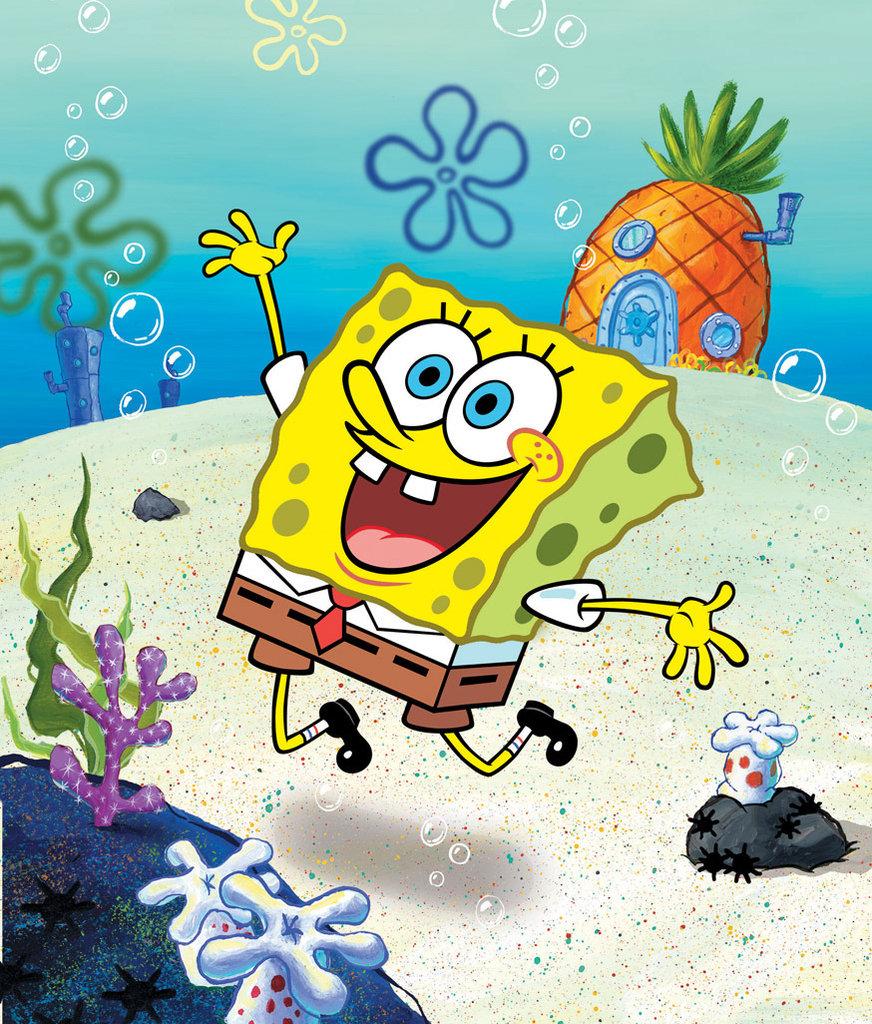Despite my current status as a hardened, superhero-hating, horror-loving entertainment viewer who loves heartbreaking pieces of work and hates most comedies, I did used to be fun in terms of what I watched. When I was a kid, I tended to lean towards Disney Channel over Nickelodeon or Cartoon Network; The Suite Life of Zack and Cody (2005-2008) and Wizards of Waverly Place (2007-2012) were a few of my favorite shows as a child.


Being that I was born in 1999, these two shows filled much of my preadolescence. I loved the banter and silly humor present in both shows. Wizards also brought in a fantastical element, which was captivating for my preadolescent self. While both shows were interesting and funny to me then, one show trumped them both: SpongeBob SquarePants.
SpongeBob SquarePants (1999-2018), has been on the air for my entire life, as unbelievable as that may seem. Featuring a perennially-naïve and lovable sponge that lives in a community at the bottom of the ocean, SpongeBob is a kids’ show for the ages. With 246 episodes, according to IMDb.com, it blows Suite Life (87 episodes; 158 if you include its spinoff, The Suite Life on Deck) and Wizards (106 episodes) out of the water in terms of the number of episodes produced. While many have noticed a dip in quality over the years, this is true for basically any show ever; all shows have their breaking points. Still, what makes SpongeBob so good in terms of kids’ shows?
The Relationships Between the Characters
In a society where we don’t always celebrate our differences, SpongeBob is a breath of fresh air.

Featuring many different creatures that live in the ocean – including a sponge, starfish, crab, plankton, squid, etc. – SpongeBob has a lot of character-to-character relationships to contend with. Unlike many television shows, especially comedies, SpongeBob does a good job at not writing characters solely to be made fun of. Yes, Patrick is extremely unintelligent, Squidward is always grumpy and reclusive, Mr. Krabs is very greedy, and SpongeBob is perennially naïve, but none of those attributes seem, for me at least, to be laced within the character solely for him to be laughed at by the audience. In other words, while all the characters have their issues that are humorous to see on television, many of them are round, dynamic characters who transcend their most humorous attribute. This may partly be due to the show’s status as an animated production, plus its use of non-human characters, but I think the show deserves credit for transcending these tropes that it would be easy to just include; the kids watching it likely aren’t going to care if the characters are dynamic or not, after all. Plus, I look at a show such as Netflix’s animated comedy BoJack Horseman (which is most certainly not a children’s show), which features many non-human characters, that may be funny (even I enjoy it, and animated comedies and I rarely get along), but also doesn’t feature the most well-developed main characters (Mr. Peanutbutter and Todd spring to mind). So, just because SpongeBob is an animated show about non-human characters doesn’t mean that it is suddenly easier to produce a funny show that still features many well-developed characters.
Furthermore, the relationships present in the show teach the kids (likely on a subconscious level, but teach them nonetheless), what good relationships look like. SpongeBob and Patrick’s friendship shows this to a T; they may be childish, naïve, and not the smartest creatures in the sea, but they love each other like brothers. Despite their clear outward differences, they overcome them, and become the best of friends. Through this, SpongeBob promotes uniqueness and individuality, and I think that’s a huge thing for a kids’ show to do.
It’s Funny
All of that is great and all from an adult, intellectual perspective, but a kids’ show has to be funny in order to reach the targeted demographic, and stay on the air for as long as SpongeBob has.

SpongeBob delivers here, as it has had not just a major impact on kids, but on American culture, in general. If you ask anyone in my age demographic (18-25ish), chances are, they know what SpongeBob is, have seen it from time to time, and have used a meme or GIF inspired from the show while using social media. Then, if you go to kids, (10-16ish years old), chances are that everything that is true for my age demographic is true for theirs, as well. SpongeBob has left a major imprint on American culture, and is referenced in everyday social situations much more than any other kids’ show I can recall. If the show wasn’t funny and the characters didn’t inspire kids to laugh, then the memes and GIFs never would have become popular.
Even me, who, again, isn’t a big fan of comedies and is generally an annoying entertainment viewer to the masses because of my counter-cultural views on what good entertainment entails, has to admit that SpongeBob is a cultural phenomenon, and that it deserves the acclaim it receives. While I wouldn’t necessarily sit down and watch an episode of it now, the chances of me watching SpongeBob are astronomically higher than me watching any other show aimed at children, and that’s saying something.
SpongeBob SquarePants is a cultural phenomenon, as well as one of the greatest television shows aimed for children (if not the best), and is almost certainly the best of the 2000s.




